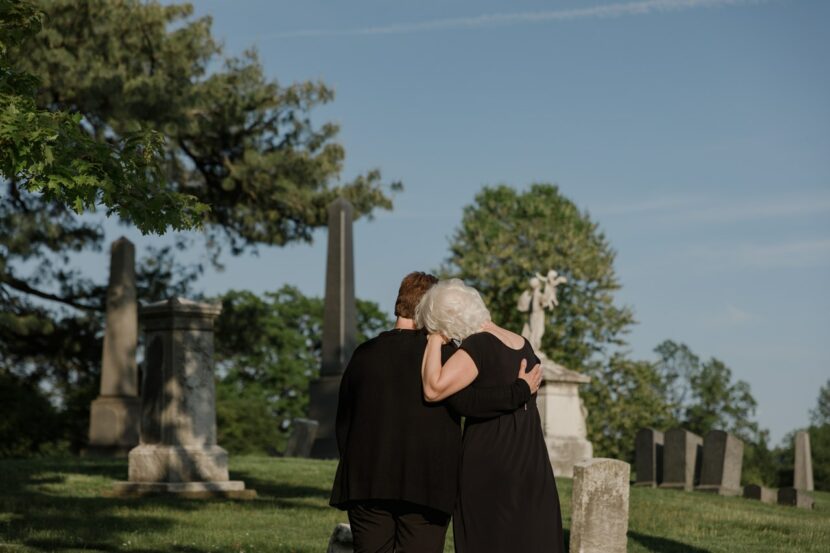Losing a loved one is a painful and heart wrenching ordeal. If you lost a loved one because of the negligence, carelessness or recklessness of an individual or organization, you have a cause of action against the party at fault. While compensatory damages can never truly make up for the loss, they do help make the burden lighter. If you have lost a loved one and feel that someone else is responsible, talk to a Texas wrongful death lawyer to evaluate your case.
Top 4 Issues to Consider in Wrongful Death Claims
Wrongful death claims in Texas are statutory in nature and are governed by Chapter 71 of the Texas Civil Practice and Remedies Code. Here are four issues to consider when filing a wrongful death claim:
1. Who is Liable?
Wrongful deaths claims are filed by specific parties for deaths caused by the wrongful act, unskillfulness, carelessness, neglect or default of a party or his agent or servant. This means if a party commits a wrongful, negligent or careless act that causes another’s death, the party is held liable. If the party’s agent is the one who committed the act, the party is still liable for his agent’s acts.
Just about anyone can be responsible for a wrongful death, including doctors, dentists, railroad workers, business owners and ordinary citizens going about their day-to-day lives. If someone breaches a duty of care owed to the deceased person, they may be held liable for a wrongful death.
2. Who Can File Suit?
A claim for wrongful death can only be brought by either the parents, children or spouse of the deceased. They may either file individually or as a group.
Adopted children may also file a claim if the process of adoption was completed. They can only do so for their adoptive parents and not their biological parents. In the same way, adoptive parents can file a claim for their adopted children.
If three months after the deceased’s death none of these people have brought a claim, then the executor or personal representative of the person’s estate can bring one.
Surviving siblings are not allowed to bring a claim for wrongful death.
3. What Damages Are sought?
Damages are claimed to compensate the deceased’s surviving relatives and estate for the losses arising from the death. Damages include:
- Lost earning capacity
- Lost love, companionship and care
- Mental, emotional pain and suffering
- Lost maintenance, support, advice, and counsel
- Lost inheritance as the deceased would have likely worked and saved something for the surviving family in his lifetime.
Punitive damages can be recovered to punish the wrongdoer if the wrongful act or omission was done willfully or by gross negligence.
Damages are awarded in proportion to the injury suffered by the surviving family and are not subject to the deceased’s debts.
4. Statute of Limitations
The family member of the deceased only has up to two years after the deceased person’s death to bring a claim for wrongful death. After that deadline, the claim can be dismissed for being outside the statute of limitations, unless the applicant can successfully plead one of the very few exceptions.
If you lost a loved one as a result of someone’s negligence, recklessness, carelessness or willful act, contact a Texas wrongful death attorney to get started on your claim for wrongful death.
If you need to speak with an attorney about your rights following a wrongful death of a loved one, schedule a consult with a Texas wrongful death lawyer.











